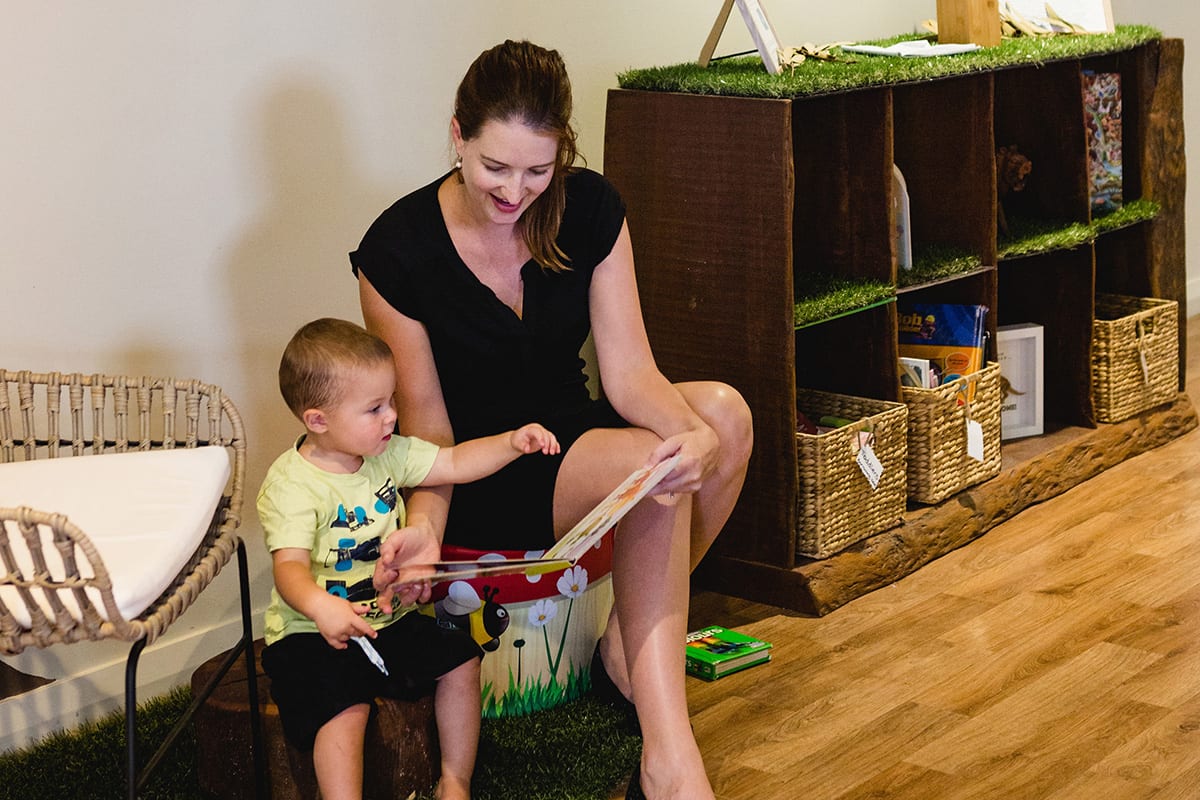
Story Time – How Books Play an Important Part in Early Learning
Learning in a child’s brain occurs in a complex and simultaneous manner, and need not be separated into the categories we use in later life. There is no structured concept of literacy or numeracy in a baby’s mind, but a relationship with learning is beginning to form.
Basic organisational skills, information filtering, and communication are all combining to prepare your child for formal education. In the contemporary landscape, where technology is ever present, it is more important than ever to take a hands-on approach to early learning. From birth until the age of five is the most rapid period of development in your child’s life. Spending time with them and communicating through conversation, play, music and reading teach your child much more than just the sounds of the alphabet.
Books and reading - what children learn
Books offer a layered learning experience for children. They’re tactile and able to be held. They introduce children to the lay of the words on the page, the structure of narrative, the sound of language and the interaction required to read a book. A person reading a book is animated and engaged, in a way quite different to when they are watching a screen. The book can be held, touched, and re-read, and is usually beautifully illustrated.
Reading a book caters to a range of learning styles from audio learning (hearing) to visual (seeing) and kinaesthetic (doing). Observing how your child responds to books can help you to identify what their preferred learning style is and how you can support them in the future. In this way, reading provides you with a barometer, teaching you about your child.
When a child responds to a particular book as their favourite, it can also provide key insights into their learning process, styles and tastes. They may enjoy the book for comfort or sentimentally, for its beauty or because it’s funny. They might enjoy being a little bit frightened, or lean towards informative, factual texts such as books about animals, people or places.
There is no need to be concerned if your child chooses the same book over and over. They may be consolidating an important concept for them, or simply enjoy the comfort and familiarity of a story where they are certain of and happy with the outcome.
Even if it seems like your child is too young to understand the full meaning of a narrative, reading a range of material to them is invaluable. You never know what they might pick up; a new addition to their vocabulary or a picture that particularly grabs their attention. Even learning what they don’t like supports decision making and helps them become more discerning. There are so many benefits of reading together and ones they can enjoy as they spend time with you.
Quality early learning programs
Life is busy, and it can be difficult to find time to give your child the early learning attention they need. Keiki Early Learning can work with you to ensure your child reaches cognitive, physical and emotional stages of development in a nurturing and stimulating environment. Contact us today to find out more.


